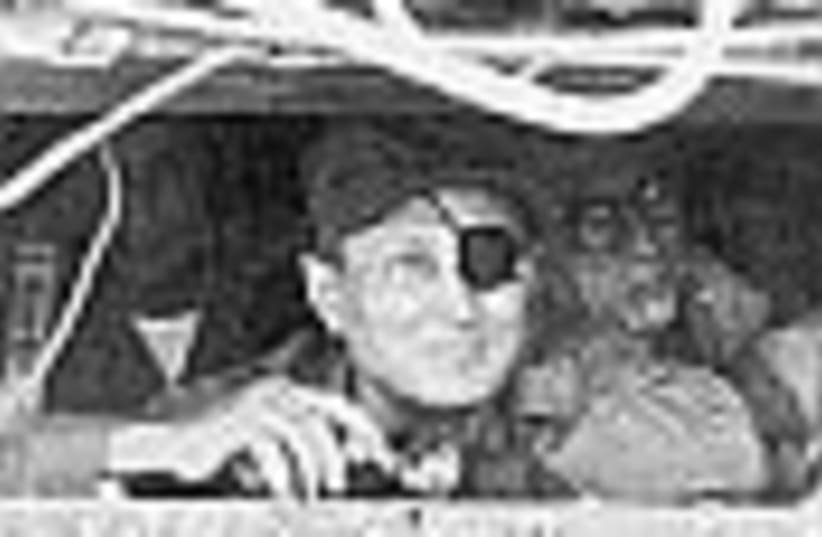| More about: | Yonatan Netanyahu, David Elazar, Ariel Sharon, Moshe Dayan |
Excruciating days
Dayan spoke of the destruction of the Third Temple... tears flowed from his eyes.


| More about: | Yonatan Netanyahu, David Elazar, Ariel Sharon, Moshe Dayan |